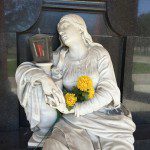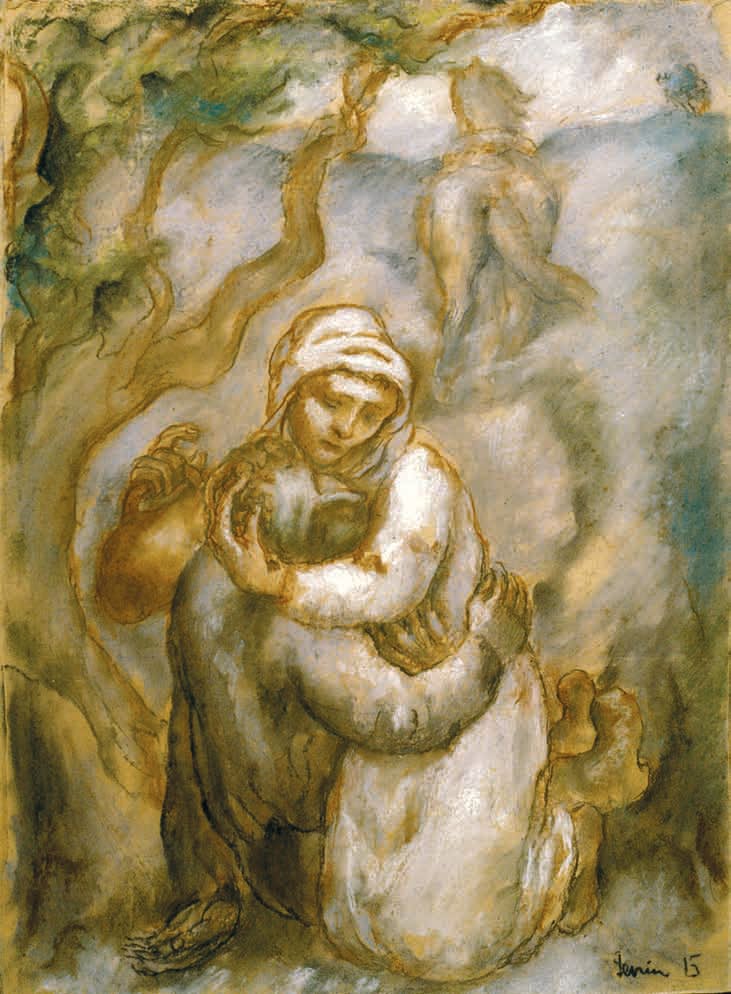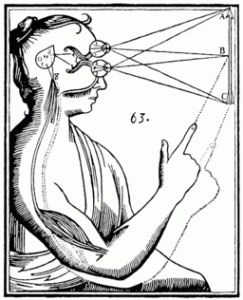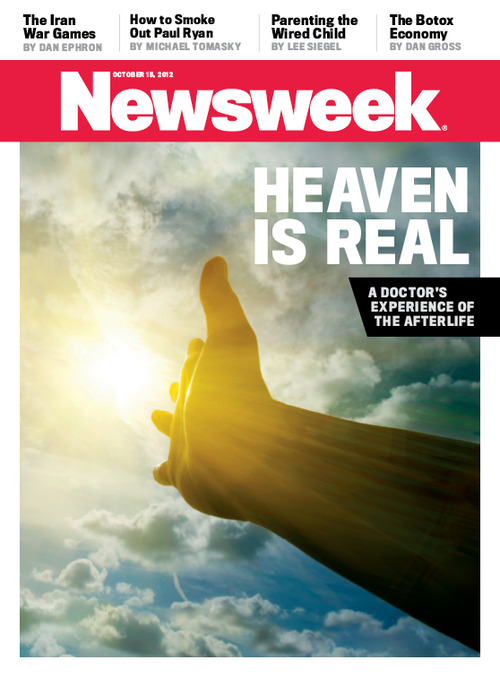 A most interesting article recently appeared in Newsweek Magazine. Heaven Is Real: A Doctor’s Experience With the Afterlife is written by Dr. Eben Alexander, a neurosurgeon at Harvard Medical School. In it he describes the extraordinary vision of the afterlife that he experienced while in a seven-day coma caused by meningitis:
A most interesting article recently appeared in Newsweek Magazine. Heaven Is Real: A Doctor’s Experience With the Afterlife is written by Dr. Eben Alexander, a neurosurgeon at Harvard Medical School. In it he describes the extraordinary vision of the afterlife that he experienced while in a seven-day coma caused by meningitis:
Although I considered myself a faithful Christian, I was so more in name than in actual belief… I sympathized deeply with those who wanted to believe that there was a God somewhere out there who loved us unconditionally. In fact, I envied such people the security that those beliefs no doubt provided. But as a scientist, I simply knew better than to believe them myself.
In the fall of 2008, however, after seven days in a coma during which the human part of my brain, the neocortex, was inactivated, I experienced something so profound that it gave me a scientific reason to believe in consciousness after death… There is no scientific explanation for the fact that while my body lay in coma, my mind—my conscious, inner self—was alive and well. While the neurons of my cortex were stunned to complete inactivity by the bacteria that had attacked them, my brain-free consciousness journeyed to another, larger dimension of the universe: a dimension I’d never dreamed existed and which the old, pre-coma me would have been more than happy to explain was a simple impossibility.
But that dimension—in rough outline, the same one described by countless subjects of near-death experiences and other mystical states—is there. It exists, and what I saw and learned there has placed me quite literally in a new world: a world where we are much more than our brains and bodies, and where death is not the end of consciousness but rather a chapter in a vast, and incalculably positive, journey.
I’m not the first person to have discovered evidence that consciousness exists beyond the body. Brief, wonderful glimpses of this realm are as old as human history. But as far as I know, no one before me has ever traveled to this dimension (a) while their cortex was completely shut down, and (b) while their body was under minute medical observation, as mine was for the full seven days of my coma.
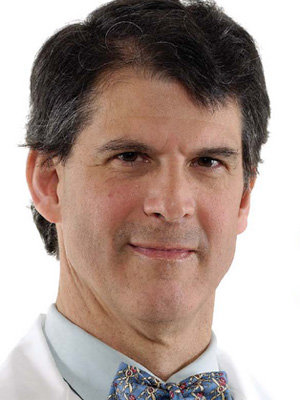 Alexander goes on to describe an odyssey into a realm of incredible beauty, a trip that altered his life forever. I found his story moving and intriguing. Over the years I’ve met several people who have had similar near-death visions. As Alexander says, his story is far from unique. But what is unusual about his case is that he has such a distinguished scientific background and that Newsweek Magazine (hardly the most religious of publications) chose to feature his story on its cover. If you scroll through the comments at the end, you can see that most readers are highly skeptical of Alexander’s claims. His conclusions can only be supported by personal experience, not scientific fact. But the ending of his article he makes an eloquent case for keeping an open mind about such matters:
Alexander goes on to describe an odyssey into a realm of incredible beauty, a trip that altered his life forever. I found his story moving and intriguing. Over the years I’ve met several people who have had similar near-death visions. As Alexander says, his story is far from unique. But what is unusual about his case is that he has such a distinguished scientific background and that Newsweek Magazine (hardly the most religious of publications) chose to feature his story on its cover. If you scroll through the comments at the end, you can see that most readers are highly skeptical of Alexander’s claims. His conclusions can only be supported by personal experience, not scientific fact. But the ending of his article he makes an eloquent case for keeping an open mind about such matters:
Modern physics tells us that the universe is a unity—that it is undivided. Though we seem to live in a world of separation and difference, physics tells us that beneath the surface, every object and event in the universe is completely woven up with every other object and event. There is no true separation.
Before my experience these ideas were abstractions. Today they are realities. Not only is the universe defined by unity, it is also—I now know—defined by love. The universe as I experienced it in my coma is—I have come to see with both shock and joy—the same one that both Einstein and Jesus were speaking of in their (very) different ways.
I’ve spent decades as a neurosurgeon at some of the most prestigious medical institutions in our country. I know that many of my peers hold—as I myself did—to the theory that the brain, and in particular the cortex, generates consciousness and that we live in a universe devoid of any kind of emotion, much less the unconditional love that I now know God and the universe have toward us. But that belief, that theory, now lies broken at our feet. What happened to me destroyed it, and I intend to spend the rest of my life investigating the true nature of consciousness and making the fact that we are more, much more, than our physical brains as clear as I can, both to my fellow scientists and to people at large.
I intend to read Alexander’s book, Proof of Heaven: A Neurosurgeon’s Near-Death Experience and Journey into the Afterlife. Dear readers, do you know of someone who has a similar story? Or perhaps you have one yourself?






